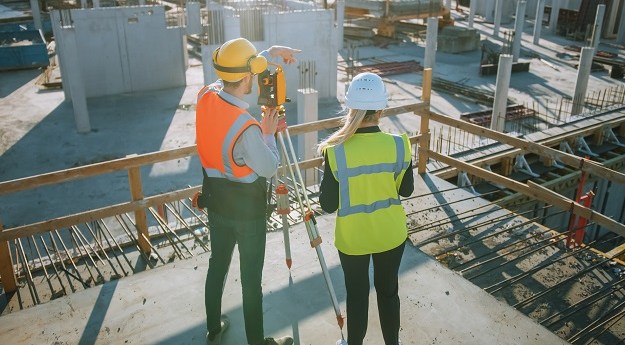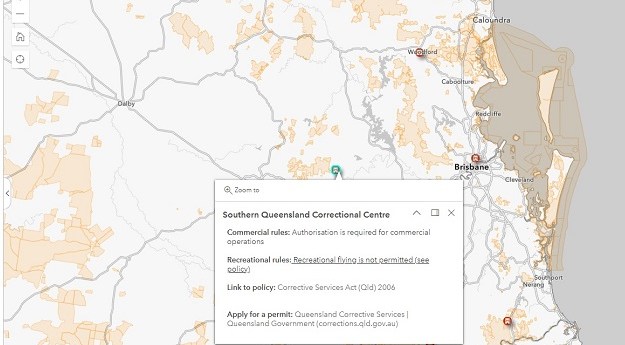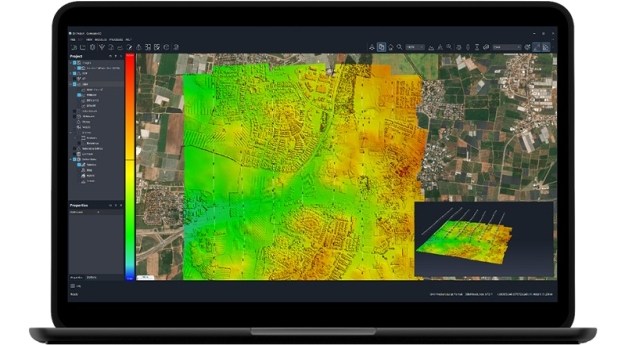
South Australian thermal energy storage company CCT Energy Storage will deploy its pioneering technology in a pilot scheme with the telecommunications and eco-housing industries.
CCT Energy Storage is on track to install its first commercial Thermal Energy Device (TED) at a mobile phone base station in Adelaide, South Australia, before the end of the year following an in principle agreement with an Australian infrastructure provider.
The Adelaide-based business has also reached an in-principle agreement with UK Eco builder and renewable energy company Eco Build & Renewables Ltd to provide a thermal battery at a 12-home housing estate it is building in West Midlands.
CCT unveiled its first 24kW TED in March, which it claimed to be the world’s first working thermal battery using silicon as a Phase Change Material (PCM).
The TED can accept any form of electrical input and convert and store it as heat.
This heat can be readily turned back into electrical energy on demand. The TED can produce base load output and charge and discharge simultaneously.
Chief Executive Serge Bondarenko this week said CCT was developing a 15kW system to be installed at a telecommunications site in South Australia. He said the TED would be charged from the grid when electricity prices were low.
The stored energy would then be converted back to electricity and on sold by the telco asset owner to its tenants at an agreed price powering the base station
“By the end of this year we’ll have it installed and we’ll have it fully tested, integrated and independently validated by the end of Q1 next year,” Bondarenko said.
“We’ll basically be taking orders from the beginning of next year because it will be a field test pilot where we will have potential customers coming in to take a look at it.”
Bondarenko said it was expected to take 12-18 months to develop the 100kW output required to provide an effective energy storage system for a housing estate.
He said the residential product had the added bonus of providing hot water to homes because heat was a bi-product of the conversion process.
“Our standard device with only two minor adapters we can get consistent 78C water with no additional cost other than plumbing,” Bondarenko said.
“They are a lot more advanced in the UK than what we are in Australia – their virtual power plants are operational and they’ve got smarts in their control systems where they can actually give the energy to anyone. All they are waiting for now is an energy storage solution that we can provide.”
EBRL has built about 35 homes in the UK so far and is expanding its focus from individual builds to sustainable public housing estates.
This article was originally published on The Lead, and is republished under a Creative Commons licence.
Stay up to date by getting stories like this delivered to your mailbox.
Sign up to receive our free weekly Spatial Source newsletter.












